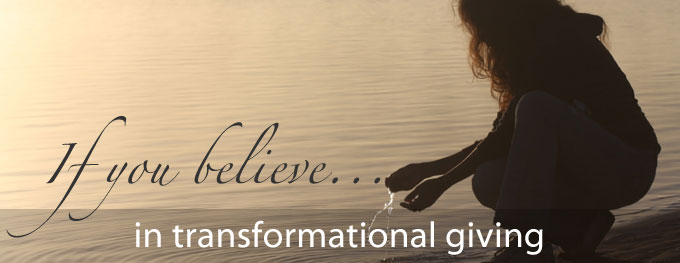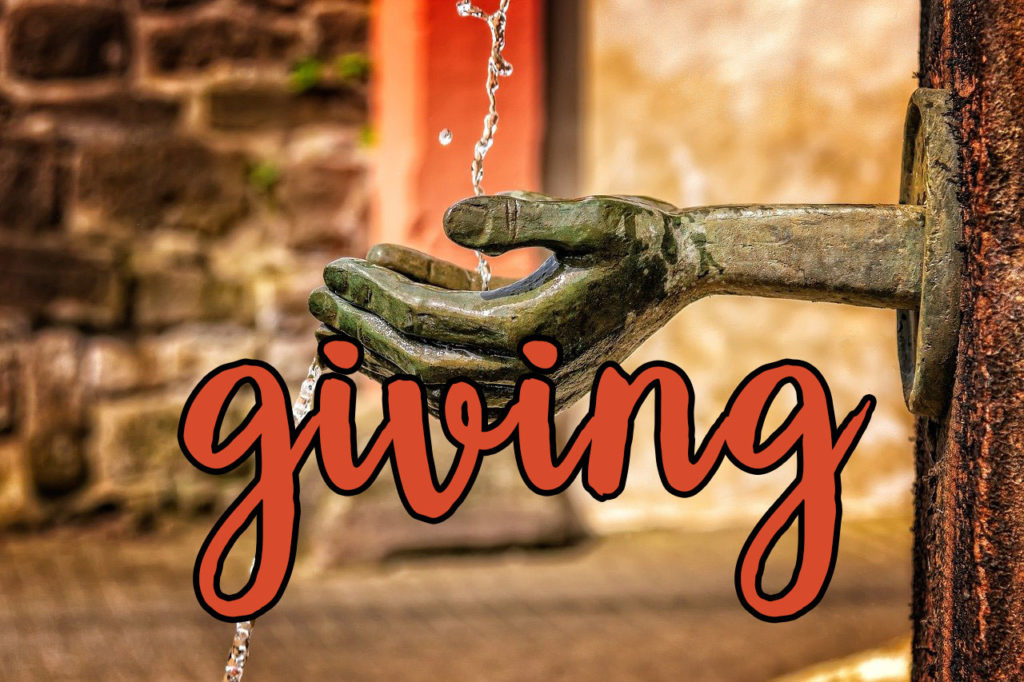Psalm 24:1 tells us, “The earth is the Lord’s, and everything in it, the world, and all who live in it.”
Last month we looked back on the Fifth Credo of the Stewardship Foundation — belief in the sanctity of human life, marriage between one man and one woman, sexual morality, religious freedom, and the rights of conscience. Our June message focused on the moral liberalism rampant in today’s society and in the press’s coverage of events. If you missed it, read it here.
This month we return to our First Credo, transformational giving. The one guiding question that permeates our thinking at the Stewardship Foundation is “where is your heart?” Within this question several others beg to be asked, such as, “what is the treasure you seek?”; “how much wealth is enough for you and your family?” and, “what does God expect of you?”
We encourage our clients to examine their giving motives, to more deeply explore where their hearts are leading them. It’s been said that what motivates us is revealed when we examine how we spend our time, and where we spend our money. Our purpose is to help connect our clients with the worthy charities and nonprofits that advance these passions and individual motivations.
Stewardship is a theological belief that humans are responsible for the world and should take care and look after it; to use and manage the resources given by God for His glory and the betterments of His creation. So how does it work?
We believe that Stewardship works when you identify where your hearts and passions lead you; when they are willing to seek, and share the treasure God desires for you. Stewardship works when you realistically define what is necessary to provide for your family now and in the future, and, most importantly, stewardship works when you honor what God expects of you.
This journey of financial stewardship involves a process of understanding, acknowledging, accepting, and acting. We embrace the opportunity to partner with you on this journey. Please share this message with like-minded friends and family, and call us at (614) 800-7985.

